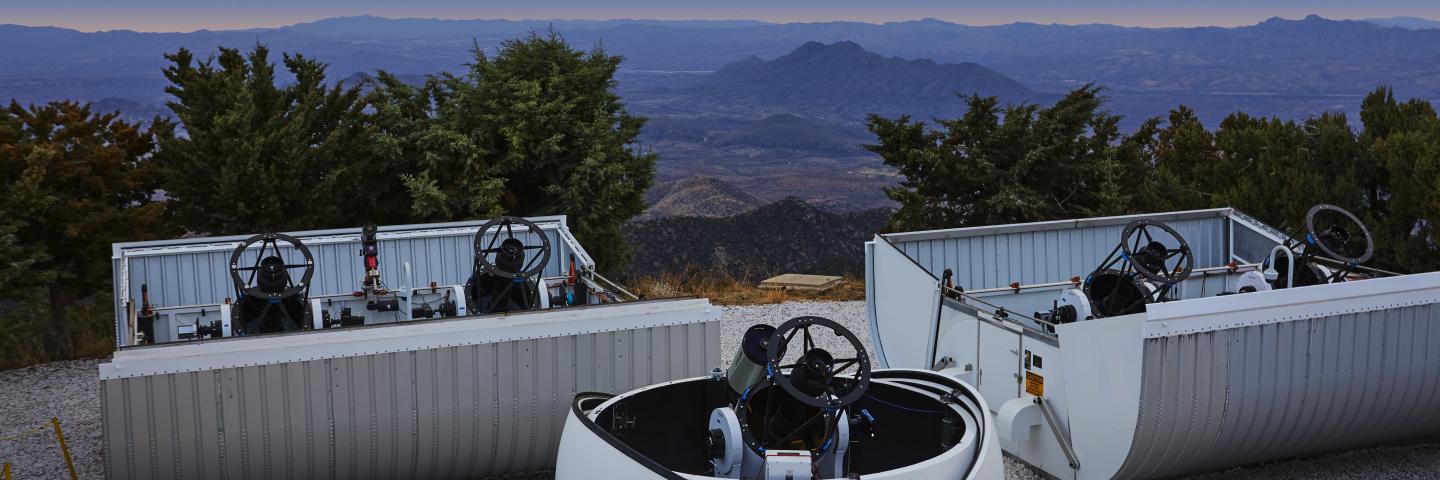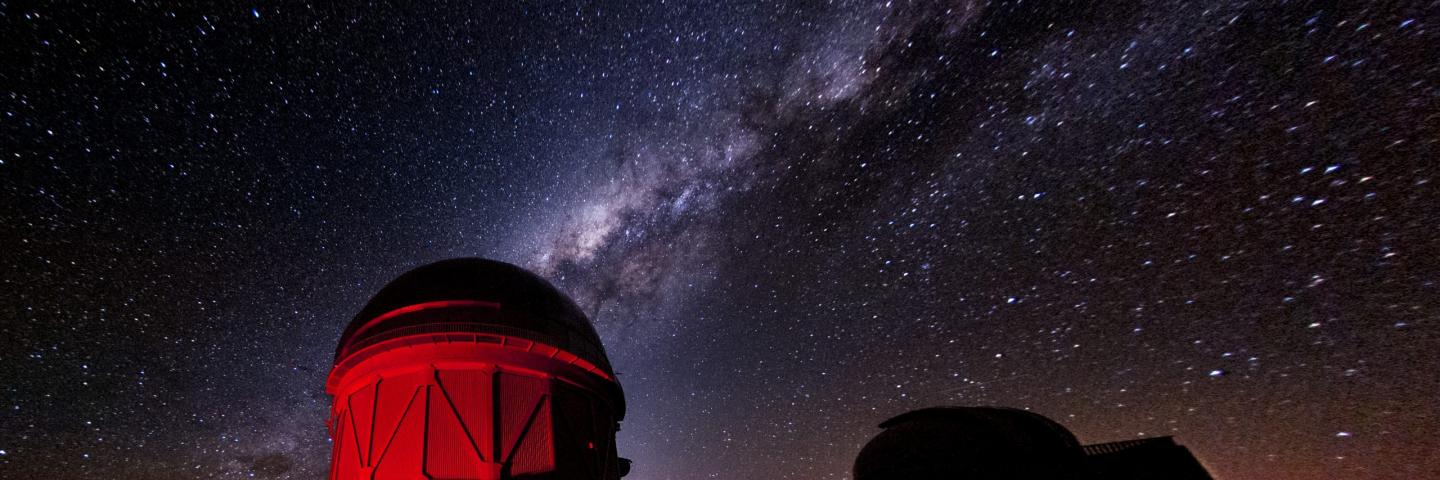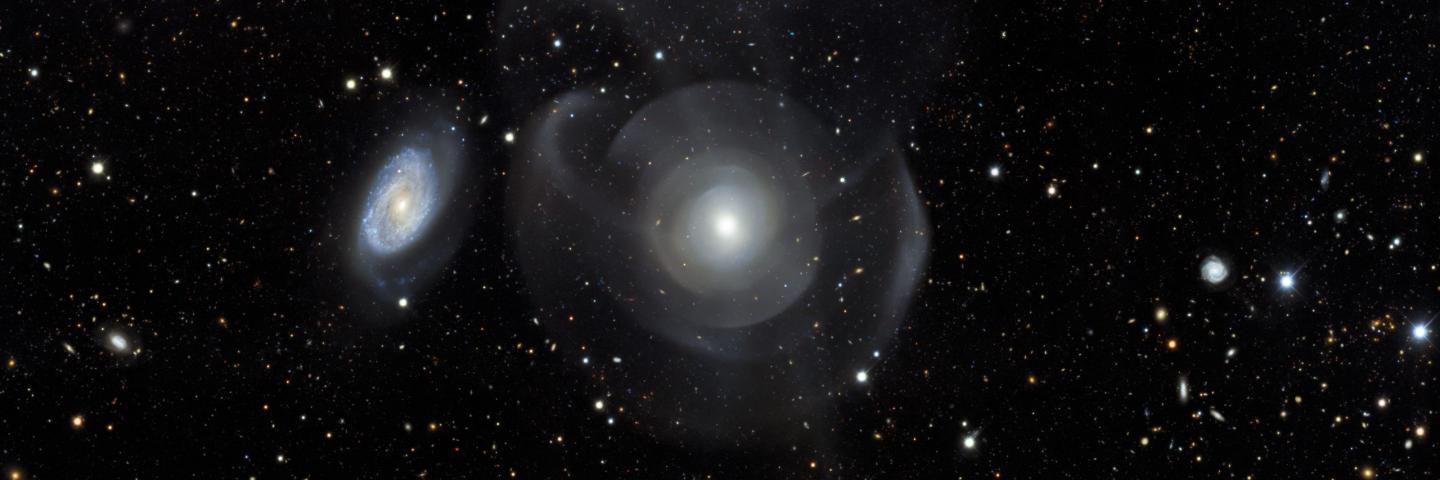Center for Particle Cosmology Spotlight
Four academic journeys explored
PennToday explores Vijay Balasubramanian's academic career.
Read moreStrange observations of galaxies challenge ideas about dark matter
ScienceNews quotes Bhuvnesh Jain in their recent article about dark matter.
Read moreThe dominant model of the universe is creaking: Dark energy could break it apart
The Economist quotes Bhuvnesh Jain in their recent science and technology article.
Read moreProf. Vijay Balasubramanian discusses time on Netflix series Explained
Vijay Balasubramanian, Cathy and Marc Lasry Professor and Center for Particle Cosmology faculty, was featured on the episode "Time" of the Netflix
Read moreWith help from Prof. Cullen Blake NEID spectrometer fully operational
The new NEID spectrometer at the WIYN Observatory is fully operational after taking it's first observations in January 2020. Thanks to a team of scientists including
Read moreCenter faculty, staff, and students contribute to "most precise 3D map of the universe to date"
Faculty, research staff, and students from the Center for Particle Cosmology and the Department of Physics and Astronomy have contributed to the efforts of the Dark Energy Survey, a global collaboration to better understand the role of d
Read moreNew stellar stream, born outside the Milky Way, discovered with machine learning
Finding this new collection of stars, named after Nyx, the Greek goddess of night, was made possible using machine learning tools and simulations of data collected by the Gaia space observatory.
Read moreOMNIA 101: Exploring The Unseen
Masao Sako, Associate Professor of Physics and Astronomy, and Mark Trodden, Fay R. and Eugene L. Langberg Professor of Physics, explain how dark matter and dark energy shape their work.
Read more
As knowledge about the universe grows, the fields of physics and astronomy become more expansive. Even as we gain answers, questions remain about the origins and evolution of the universe and the fundamental theories of matter and energy. The Center for Particle Cosmology brings together theorists and experimentalists in cosmology and particle physics to answer these questions in an environment distinguished by unfettered interactions and collaborations between members of the traditionally distinct groups.
Events
High Energy Theory Seminar: "TBA"
David Nichols (University of Virginia)
High Energy Theory Seminar: "TBA"
Thomas Steingasser (MIT)
Astrophysics Seminar: "TBA"
Naoko Kurahashi Neilson (Drexel University)
Finding this new collection of stars, named after Nyx, the Greek goddess of night, was made possible using machine learning tools and simulations of data collected by the Gaia space observatory.




